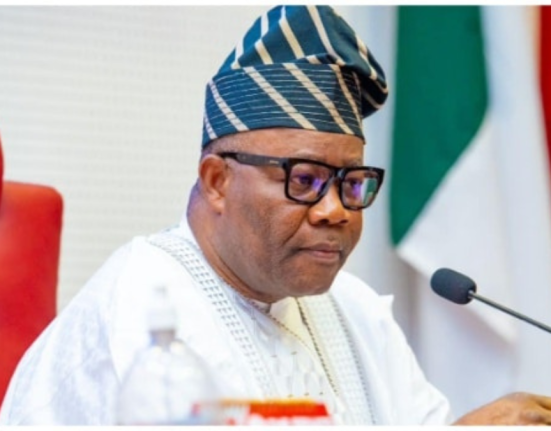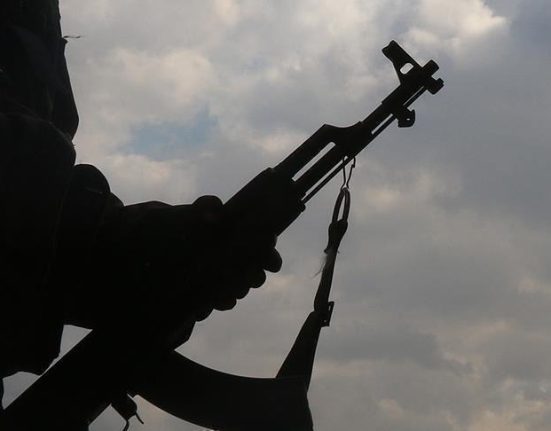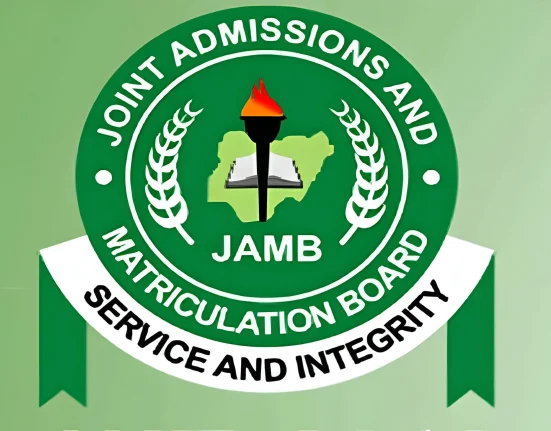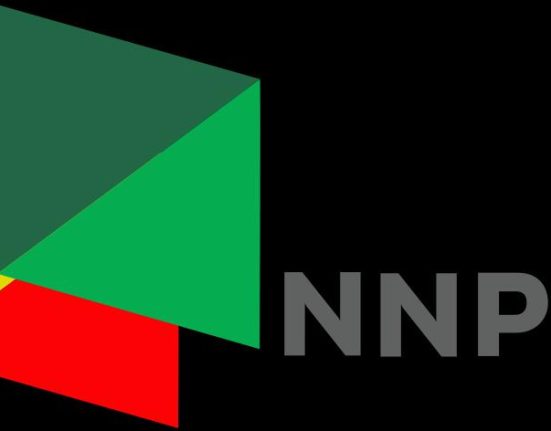The Federal High Court sitting in Warri, Delta State, has ordered the Nigeria Police Force and the Inspector-General of Police to suspend the enforcement of tinted glass permits for vehicle owners. The interim order was issued on Friday as part of proceedings in Suit No. FHC/WR/CS/103/2025, filed by legal practitioner John Aikpokpo-Martins.
The court directed the police to maintain the status quo and “respect judicial processes pending further proceedings in the matter.” Aikpokpo-Martins is challenging the legality of the renewed enforcement of tinted glass permits, which has stirred public debate since its reintroduction earlier this year.
Senior Advocate of Nigeria, Kunle Edun, who led the legal team for the petitioner, confirmed the court’s decision to journalists. He described the ruling as a significant step towards ensuring that the rule of law is upheld while the substantive issues in the case are determined.
In April, the Nigeria Police Force announced that it had resumed issuing tinted glass permits nationwide through the Police Specialised Services Automation Project, after suspending the scheme in 2022. Inspector-General of Police, Kayode Egbetokun, initially gave motorists until August 12 to obtain permits but later extended the deadline to October 2.
The decision was met with widespread criticism, with motorists raising concerns about harassment at checkpoints, extortion, and the fairness of demanding permits for factory-fitted tinted windows. Rights groups also described the policy as unconstitutional and exploitative, while the Police defended it as lawful under the Motor Vehicles (Prohibition of Tinted Glass) Act of 1991 and necessary for national security.
Just last week, the Delta State Police Command had announced plans to begin full enforcement of the regulations on tinted vehicle glass starting October 2, 2025. It also reiterated its commitment to clamp down on the unauthorised use of sirens, strobe lights, and the covering or defacing of number plates.
With the latest court order, the enforcement of the controversial policy has been temporarily halted pending further hearing on the matter.








